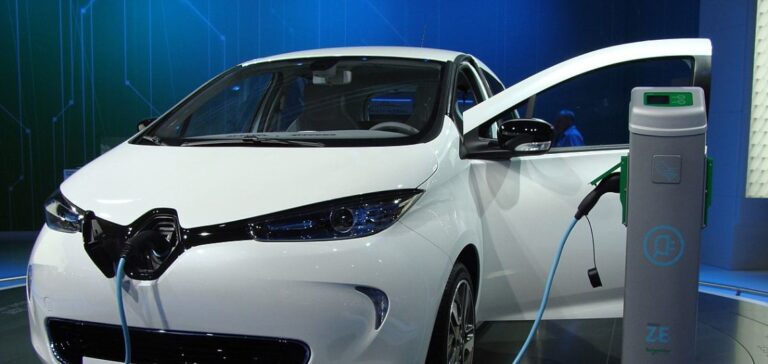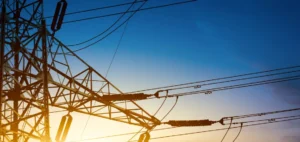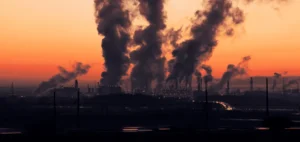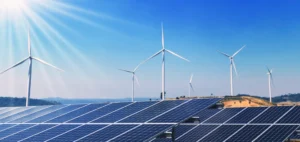More electric cars than diesel were sold in the European Union in June, according to figures from the European Automobile Manufacturers’ Association (ACEA), a first driven by Tesla and Volkswagen at a time when the continent wants to ban new combustion-powered cars in 12 years’ time.
Booming sales of electric cars in Europe, driven by Tesla and Volkswagen.
Gasoline and hybrid cars still top the sales charts, but with 158,000 vehicles sold, electric cars have increased their market share from 10.7% to 15.1% in one year. They have exploded in the Netherlands, Germany, France and Belgium. This growth was driven in particular by Tesla, which slashed its prices: one in five electric cars sold in Europe in the first half of the year bore the capital T badge, i.e. 137,000 cars.
European leader Volkswagen also saw its electric sales soar (217,000 units sold, +68%), driven in particular by its ID.4, ID.5 and Audi Q4 SUVs. Diesel continues to decline, sunk by purchase bans and higher fuel costs in the wake of the “Dieselgate” emissions scandal. Despite surges in Germany and Central Europe, this powertrain beloved of heavy-duty drivers now accounts for 13.4% of sales.
In the spring, the European Union ratified its transition to a 100% zero-emission market by 2035, in order to achieve its climate objectives. Hybrid cars, which pollute slightly less and benefit from purchase bonuses, have also grown strongly, accounting for 24.3% of the market, driven by Germany, France and Italy. Separately, sales of plug-in hybrids (which can be plugged into a socket or terminal) are down year-on-year with the cancellation of purchase subsidies in some countries, and represent 7.9% of the market.
However, petrol remains the dominant energy source in the EU, accounting for 36.3% of sales in June, up 11% in line with overall market growth. More broadly speaking, new car sales rebounded in Europe in the first half of the year, up 17.9% year-on-year. With 5.4 million cars sold, the market is still 21% lower than in the first half of 2019, the last record-breaking year before Covid. – Volkswagen in good shape –
A dynamic European automotive market: continuous growth and intense competition between manufacturers.
Among the main markets, Spain (+24%) and Italy (+22.8%) saw strong increases at the start of 2023. France rebounded by 15.3% and Germany by 12.8%.
“The progress made in recent months shows that the European automotive industry is recovering from the logistical problems caused by the pandemic,” ACEA points out in a press release.
The European automotive market has returned to sustained growth since August 2022, when the Covid-19 crisis, combined with a shortage of parts including crucial electronic components, had dealt it a severe blow. Since the beginning of the year, Volkswagen has largely consolidated its position as Europe’s biggest car seller, reigning over 26.1% of the market (+1.3 points in one year) with more than 1.4 million cars sold, helped by the dynamism of its main brand, Audi, the Czech Skoda and the Spanish Cupra sports cars.
The German giant is followed by Franco-Italian-American Stellantis (18.8% of the market, down 1 point year-on-year), with declining market shares for Peugeot, Opel, Fiat and Citroën. Smaller brands Alfa Romeo and Jeep are bouncing back with new models. France’s Renault achieved an 11.1% share of the European market (+0.5 points year-on-year), helped by the dynamism of Dacia’s low-cost cars, whose volumes rose by 30.1% in the first six months of the year. Hyundai-Kia and Toyota saw their growth slow to 8.4% and 6.8% market share respectively.






















